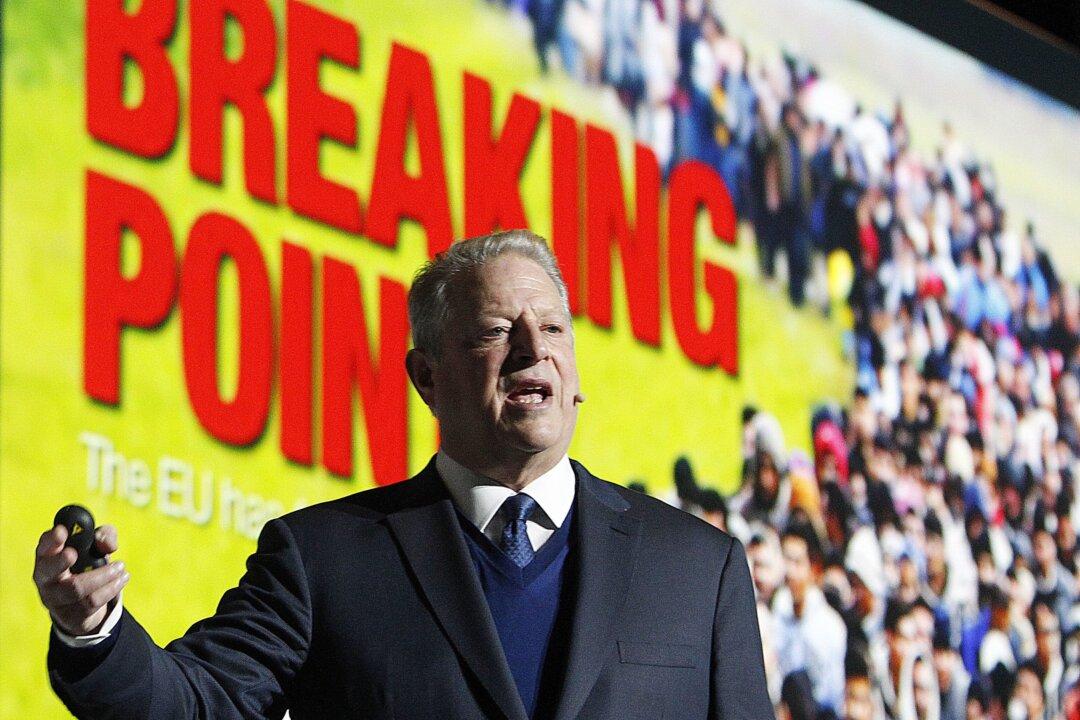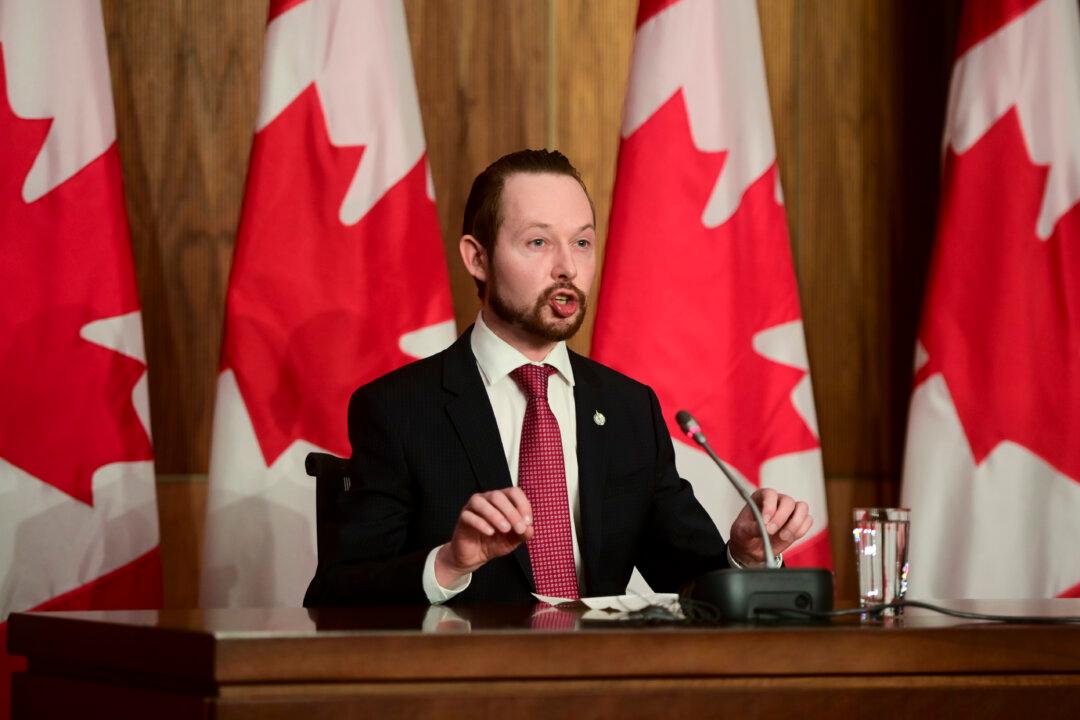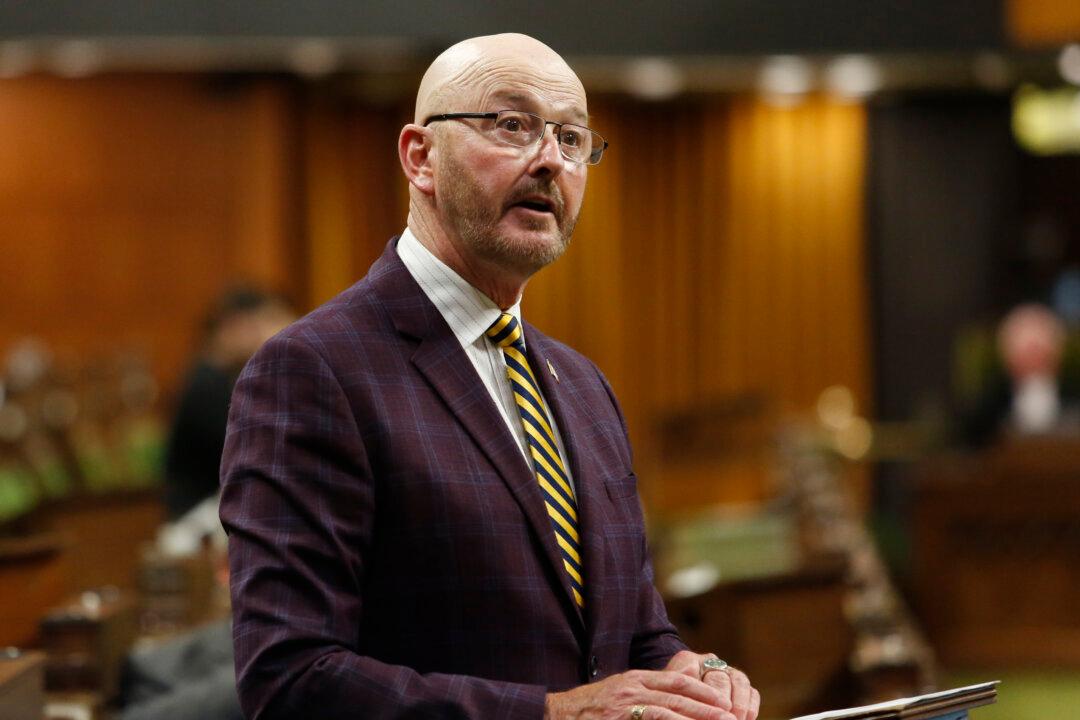When the global warming movement started gaining momentum in the early 1990s, proponents began insisting that climate change science is irrevocably settled and the issue is not up for debate. It’s irrefutable, they said, that human-caused climate change is real, and carbon dioxide and other greenhouse gases resulting from the use of fossil fuels are an urgent threat and must be stopped.
That’s still the refrain today, but this rigid stance doesn’t sit well with the numerous scientists who don’t agree and who worry about the billions being spent to prevent a tiny amount of anticipated warming—efforts that may in the end bring about little, if any, change.





